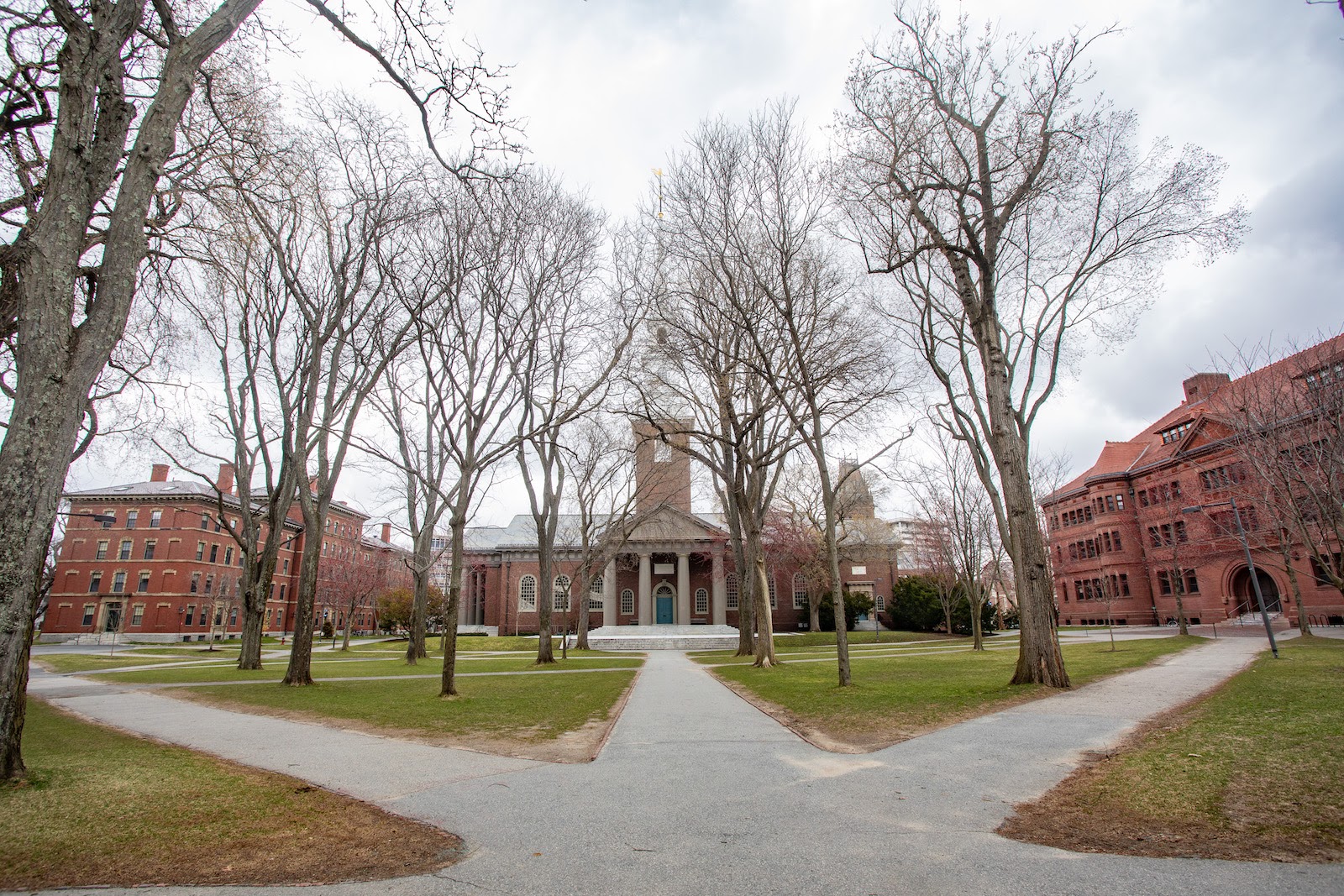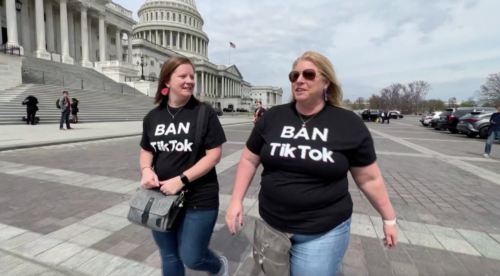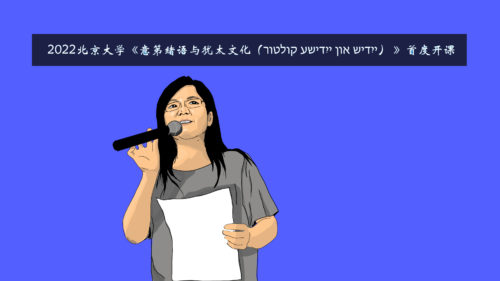New ICE rules: Yet another blow to Chinese students in the U.S.
A new rule from ICE that prohibits international students from remaining in the U.S. if their universities offer classes only online is just the latest setback for Chinese students in the time of COVID-19. The China Project talked to a few of the students whose lives have been upended or left in uncertainty.

“I thought this was fake news at first,” said Jiāng Wěimín 姜伟民, a first-year Ph.D. student at the University of Maryland. “I was shocked after reading the official announcement from ICE.”
He was referring to the July 6 announcement from Immigration and Customs Enforcement (ICE) that students holding F-1 and M-1 visas in the U.S. will have to leave the country if their schools choose to offer only online classes this fall.
This is the latest of many setbacks to the more than 300,000 Chinese nationals studying in the U.S. in recent months. The COVID-19 pandemic had already become a nightmare for many of this cohort. Unsure of their legal status, their safety, and the future of face-to-face classes in the U.S., many Chinese students opted to return home.
“After all, if this is the end of the world, you would want to die at home and be with your parents, right?” said Shī Jiāyáng 诗佳阳, who recently returned to China after her graduate study at Northwestern University.
But there was a problem:
You can’t get home when there are no flights
To reduce imported coronavirus cases, China’s aviation regulators issued the so-called “Five-One” policy, which allows only one flight per week on one route to any country for mainland Chinese carriers, and only one flight a week to China for foreign airlines. The policy has been in place since March 29. Flight ticket prices skyrocketed after the restrictions were announced, as airlines mass-canceled flights that no longer had landing permission. For most students, direct flights were either unaffordable or impossible to get.
Shi purchased multiple nonstop tickets back to China, hoping at least one of them would work. She waited anxiously for updates on China’s restrictions for a month. But then she realized all the tickets she had bought were for routes that were not included in China’s monthly quota for airlines. So she reached out to a ticket agent in late April, and finally purchased a flight from Chicago to Amsterdam and then to Xiamen for May 12. The new tickets cost more than $4,000.
“I was hesitant to buy a $4,000 ticket to go home, but I think I realized that was a now-or-never moment,” Shi said.
Now, in addition to travel restrictions and expensive flight tickets, Chinese students in the United States are faced with the very real possibility that ICE will come for them.
Over social media, disappointment and criticism at the ICE rules are everywhere. Some said they cried all night after hearing the news. Others are actively organizing petitions to the White House to allow students to stay. Their families, who had paid for their expensive tuition in the U.S., now may have to pay for expensive tickets for them to go home.
“I didn’t expect the Trump administration to make such an unwise decision to please voters for the upcoming election,” said Jiang, the Ph.D. student at the University of Maryland.
The universities are unprepared
The new ICE rules have also left schools unprepared. Most colleges sent an immediate response to the international student community informing them that they are thinking of solutions and asking students to remain calm. But college administrators have about as much insight into how the ICE rules will play out as the students do.
“Personally, there’s nothing I can do at this point,” said Jiang. “But I’m glad my school says it’s working on plans.”
Since the outbreak of COVID-19, Chinese international students have become a popular and controversial topic on Chinese social media, even among people who have never left the country. Some question overseas students’ patriotism. Some sympathize with those who are stuck abroad, but many say they need to stay where they are as coming back to China might “pose a danger to the public” by potentially bringing the virus back to China.
Ōu Bīngruì 欧冰睿, a recent graduate from John Hopkins University, who had to borrow money from friends to make his trip home in August possible, confessed he was hurt by these vicious comments.
“They said we are rich enough to study abroad so we should be able to afford the expensive tickets,” said Ou, whose parents are both average wage earners in a fourth-tier city in China. “It’s just painful to see things like that because my family is not wealthy at all and I just want to go home.”
The new ICE policy has turned a difficult year for Chinese students in the U.S. into a full-blown nightmare. Many of them feel they have no place to go right now.
“I don’t know how to describe this feeling. It’s almost like I’m rejected by two countries,” Ou said.






